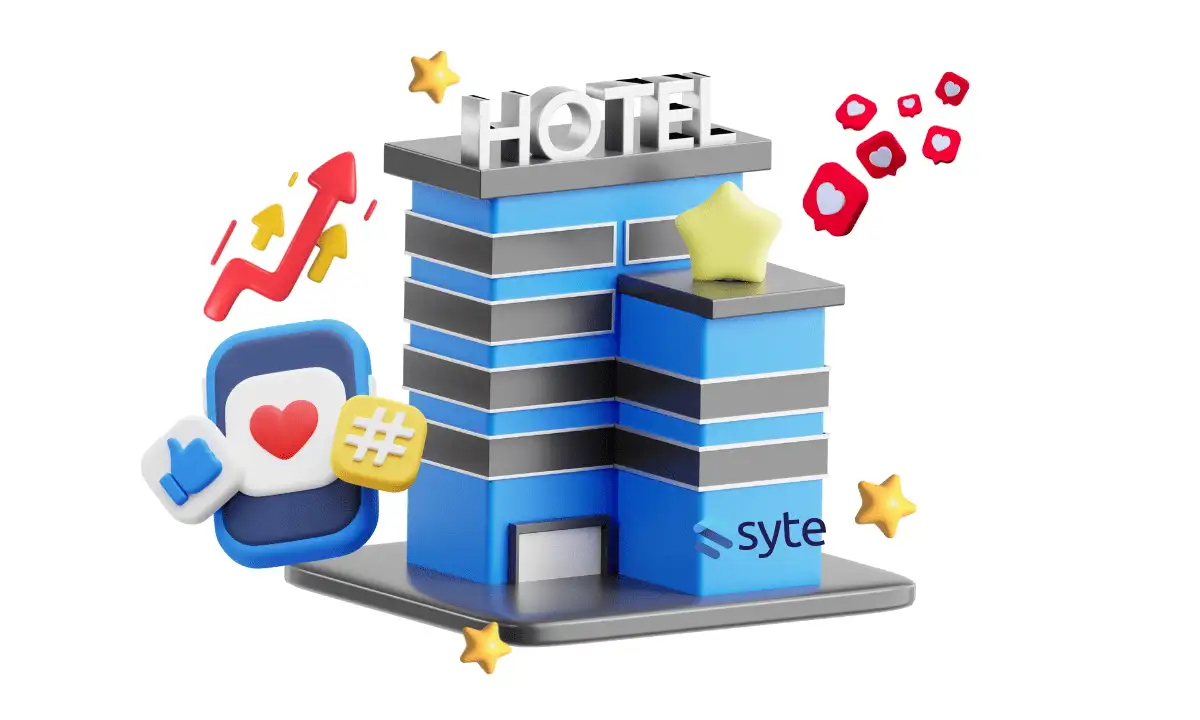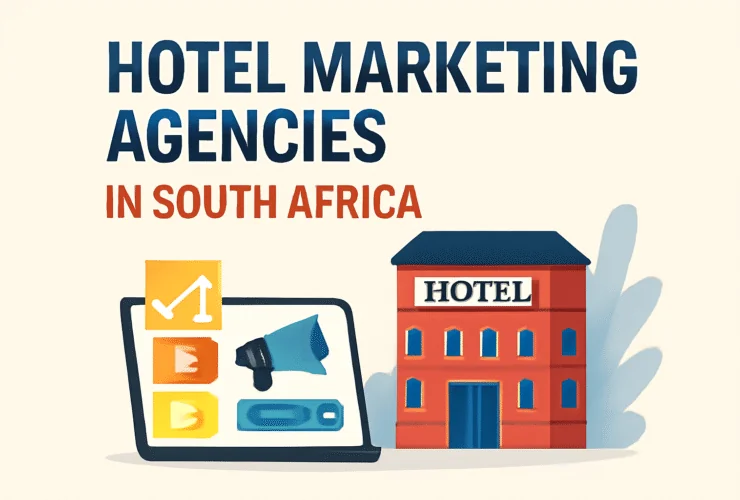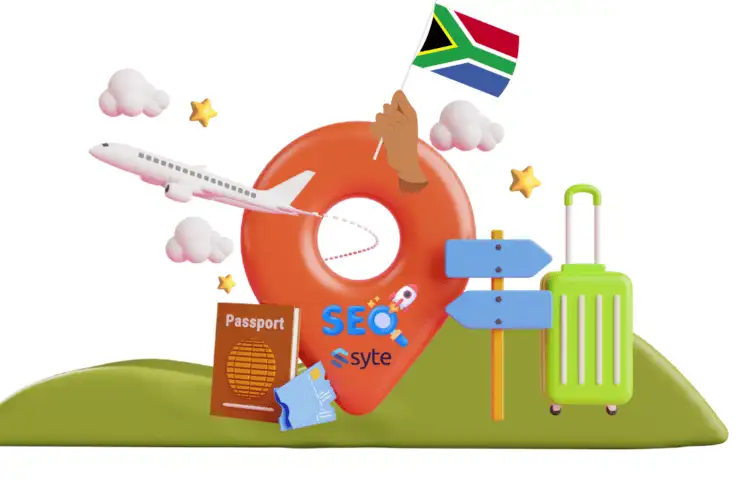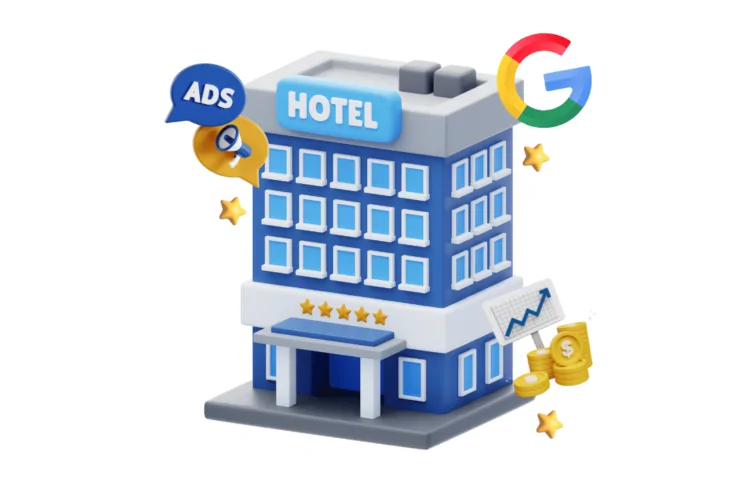Top Hotel Marketing Trends for 2025:
The hotel industry is set for major changes in 2025, thanks to advances in technology, changing traveller preferences, and the ongoing demand for personalised and efficient guest experiences. Here’s an overview of the key trends that will shape hotel marketing strategies in the year ahead.
Personalisation and Data-Driven Decisions
Personalisation continues to be a vital part of hotel marketing in 2025. Hotels are increasingly using data analytics to craft individualised experiences for their guests. Utilising guest data and marketing automation platforms is essential for segmenting guests based on their behaviour, preferences, and engagement patterns. This data, collected from various interactions like website visits, bookings, and dining experiences, helps hotels develop highly-targeted marketing campaigns that resonate with their audience. For example, hotels might create segments of former guests and target them with special offers to encourage repeat stays.
The importance of first-party data is heightened by Google’s planned phase-out of third-party cookies, making it essential for hotels to capture and utilise data directly from their customers. This includes using tools like WiFi Captive Portals to gather customer information and create personalised welcome messages, loyalty offers, and other segmented experiences.
Advanced Analytics and GA4
The introduction of Google Analytics 4 (GA4) marks a big change in the digital advertising landscape. GA4 offers advanced analytics and data tracking capabilities, providing a more comprehensive view of the customer journey across different touchpoints. This platform integrates data from apps and websites, enabling hotels to gain deeper insights into guest behaviour, preferences, and engagement. By leveraging GA4, hotels can improve their advertising and nurturing campaigns, ensuring a more personalised and effective marketing strategy.
Artificial Intelligence (AI) and Automation
AI is set to play a crucial role in hotel marketing in 2025. Hotels are adopting AI tools to automate specific tasks, particularly in digital marketing. AI can generate creative and repetitive content in real time, reducing the workload for hotel marketing teams. However, it is important to ensure that AI-generated content is fact-checked, proofread, and edited before publication. AI can also be used in chatbots to provide better responses to user queries and improve product development and existing services.
Experiential Tourism and Local Experiences
There’s a notable shift from destination-focused to experience-focused tourism. Travellers are increasingly looking for unique experiences, such as concerts, memorable meals, and special events, and are willing to pay premium rates for hotels that offer convenient access to these experiences. Hotels can capitalise on this trend by staying informed about local events and creating tailored marketing campaigns and packages. For instance, hotels can offer special room rates, transportation services, themed amenities, and partnerships related to these events.
Omnichannel Marketing
Omnichannel marketing is becoming essential for hotels to ensure a seamless guest experience across multiple channels. This approach involves engaging guests through email, direct mail, social media, and other platforms, meeting them where they are most active. An omnichannel strategy helps maintain a consistent brand message and provides multiple touchpoints, from booking to checkout and beyond. This ensures that guests have a cohesive and personalised experience throughout their interaction with the hotel.
Touchless Technologies and Enhanced Guest Experience
The pandemic has accelerated the adoption of touchless technologies in the hospitality industry. Mobile check-in, digital room keys, and contactless payment systems are becoming commonplace. These technologies not only enhance the guest experience but also contribute to improved health and safety protocols. Hotels are also investing in advanced air filtration systems, automatic air purifiers, and vigilant maintenance of ventilation systems to ensure high indoor air quality.
Internet of Things (IoT) and Smart Room Technology
The integration of IoT devices is transforming guest rooms into smart, personalised spaces. Hotels are using IoT for smart room technology, including thermostats, lighting controls, and voice-activated assistants. These devices not only improve guest comfort but also provide valuable insights into guest preferences and behaviours, which can be used to optimise hotel operations and enhance the overall guest experience.
Sustainability and Social Responsibility
Sustainability and social responsibility are increasingly important to travellers. Hotels that adopt eco-friendly practices and support social causes are likely to gain a competitive advantage. Marketing strategies should focus on highlighting these initiatives to attract environmentally conscious and socially aware travellers. This includes promoting energy-efficient practices, waste reduction programmes, and community engagement activities.
Virtual Reality (VR) Tours and Enhanced Visual Content
Virtual reality tours are emerging as a powerful tool in hotel marketing. By offering VR tours of rooms and amenities, hotels can provide potential guests with an immersive and detailed view of what to expect, thus increasing the likelihood of bookings. Additionally, high-quality visual content, including short-form videos on platforms like TikTok, Instagram, and YouTube, is crucial for engaging guests and enhancing brand awareness. Leveraging user-generated content can also build trust and reduce the workload required to create new content.
Customer Loyalty and Retention
Improved loyalty programmes are critical for retaining customers in 2025. Hotels should focus on hyper-segmentation, using detailed guest data to offer more specific and accurate promotions. This involves utilising technology such as mobile applications, push notifications, and automated email communications to keep customers informed about special offers, events, and improvements at the hotel. The goal is to create a loyal customer base by providing exclusive experiences and rewards that align with their preferences and behaviours.
Consolidation and Automation of Hotel Operations
The automation of hotel receptions, including auto-check-in and pre-check-in systems, is gaining traction. These systems allow guests to check in digitally, reducing the need for physical interaction at the reception desk. This not only streamlines the check-in process but also enables hotels to offer upgrades and additional services more efficiently. Integrating these systems with core management software enhances the overall guest experience and operational efficiency.
Conclusion
In conclusion, the hotel marketing landscape in 2025 will focus heavily on personalisation, data-driven decisions, and the integration of advanced technologies like AI, IoT, and touchless solutions. Hotels that invest in these trends while also focusing on sustainability, local experiences, and customer loyalty are likely to stand out in a competitive market and drive significant revenue growth. By leveraging these strategies, they can create a seamless, personalised, and memorable experience for their guests, ultimately leading to increased customer satisfaction and loyalty.
At Syte, we are at the forefront of these trends, ready to help your hotel navigate the evolving digital marketing landscape. Our expertise in personalisation, data analytics, and cutting-edge technology ensures that your hotel remains competitive and appealing to modern travellers. Contact us today to learn how we can enhance your hotel’s marketing strategy and drive success in 2025 and beyond.



